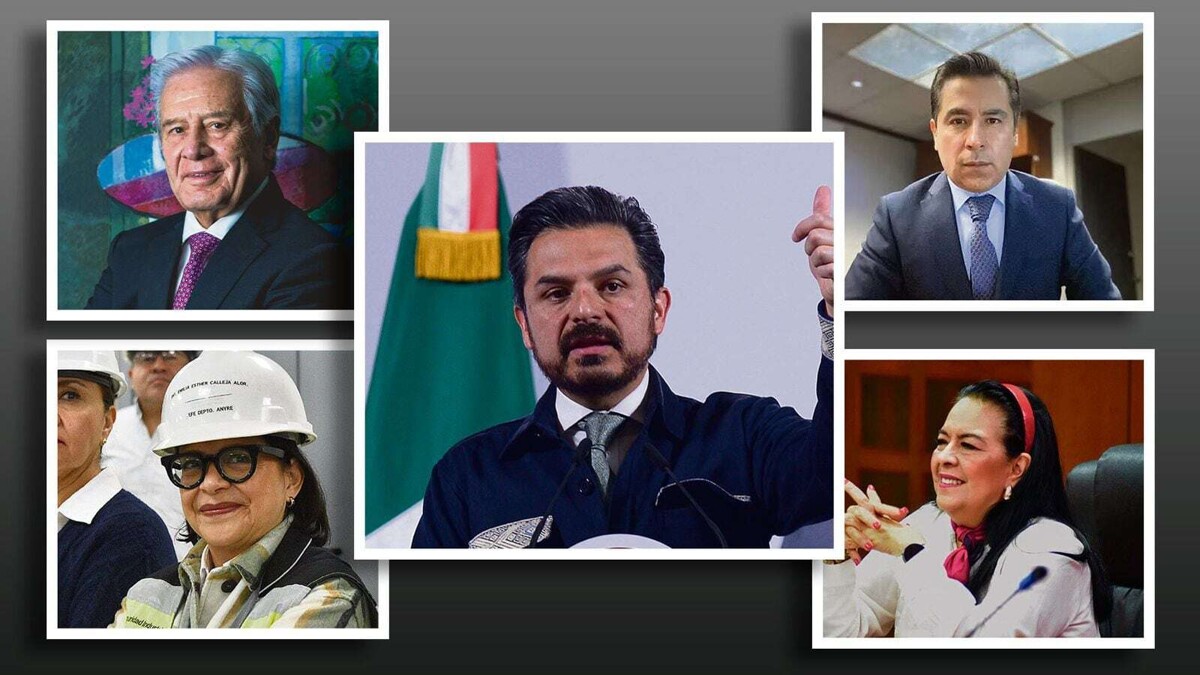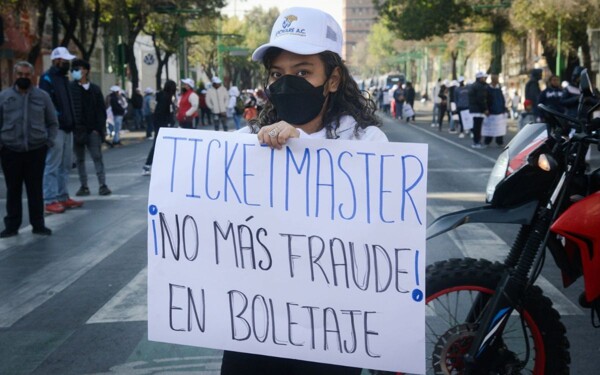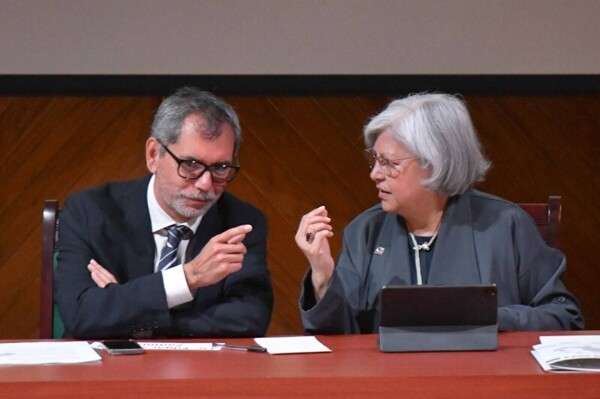
At the Mexican Social Security Institute (IMSS), the former coordinator of Supply and Equipment in Quintana Roo threatened her subordinates with dismissal if they did not follow her orders, imposing a work schedule from Monday to Sunday without hours. She treated workers harshly, degrading them and belittling their work. After a fatal incident with a girl in the elevators, she was dismissed, having also faced prior complaints of workplace harassment.
On the other hand, the head of the System for the Integral Development of the Family (DIF) in the state, Rocío García, has generated criticism for her arrogant and authoritarian attitude. She has self-proclaimed herself as the president of 36 million votes, ignoring other citizens, which contradicts the supposed empowerment of women today.
Despite being times that are supposed to favor women, several cases of abuse of power and corruption have come to light. Emilia Calleja, director of the Federal Electricity Commission (CFE), has been accused of nepotism, influence peddling, and covering up cases of workplace and sexual harassment. Her close collaborator, Adrián Olvera, previously accused of harassment, has been promoted, revealing an atmosphere of impunity.
At the DIF, arbitrary dismissals have been reported, including that of a mother with cancer and a teacher with years of impeccable service. Rocío García has fired several women and retained harassing personnel on her team. The institution has been negatively affected by these decisions.
These examples highlight deeper problems in key institutions of the country. Impunity and abuse of power remain a challenge, even under the assumption that we live in an era seeking gender equality. While commemorations of International Women's Day are celebrated, it is necessary to reflect on the true situation of women in positions of power, questioning whether we are truly advancing towards greater equity.














